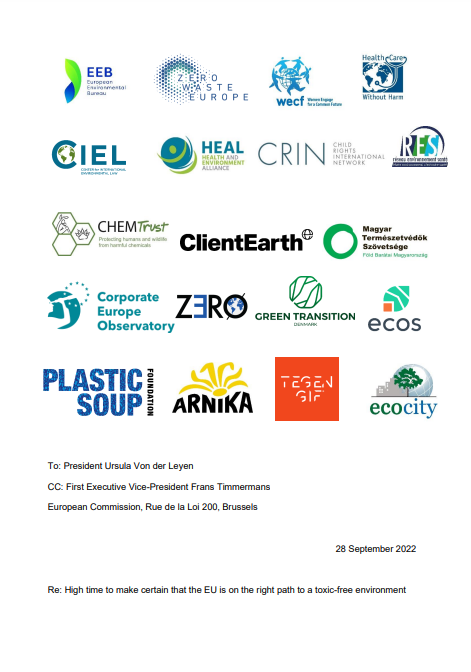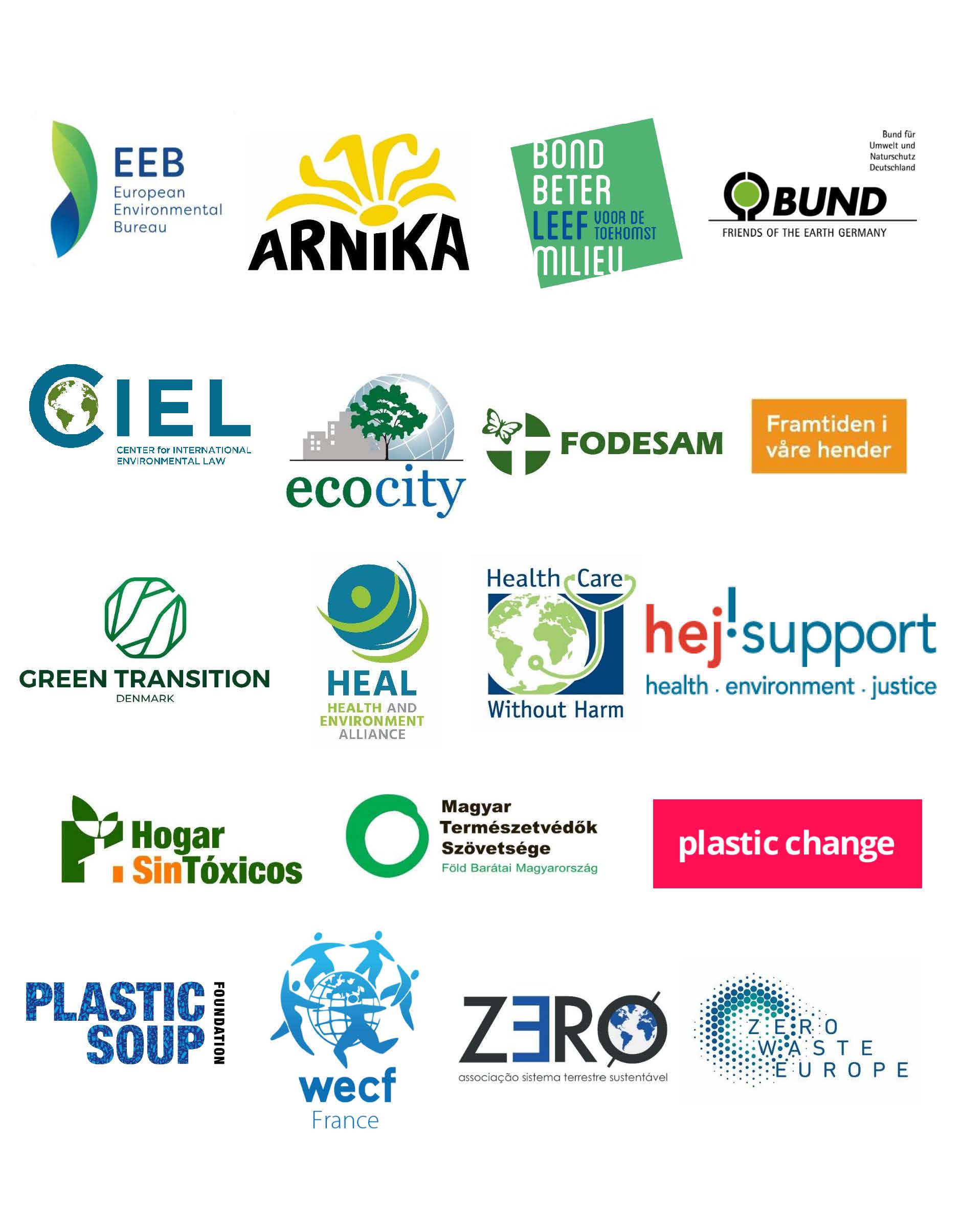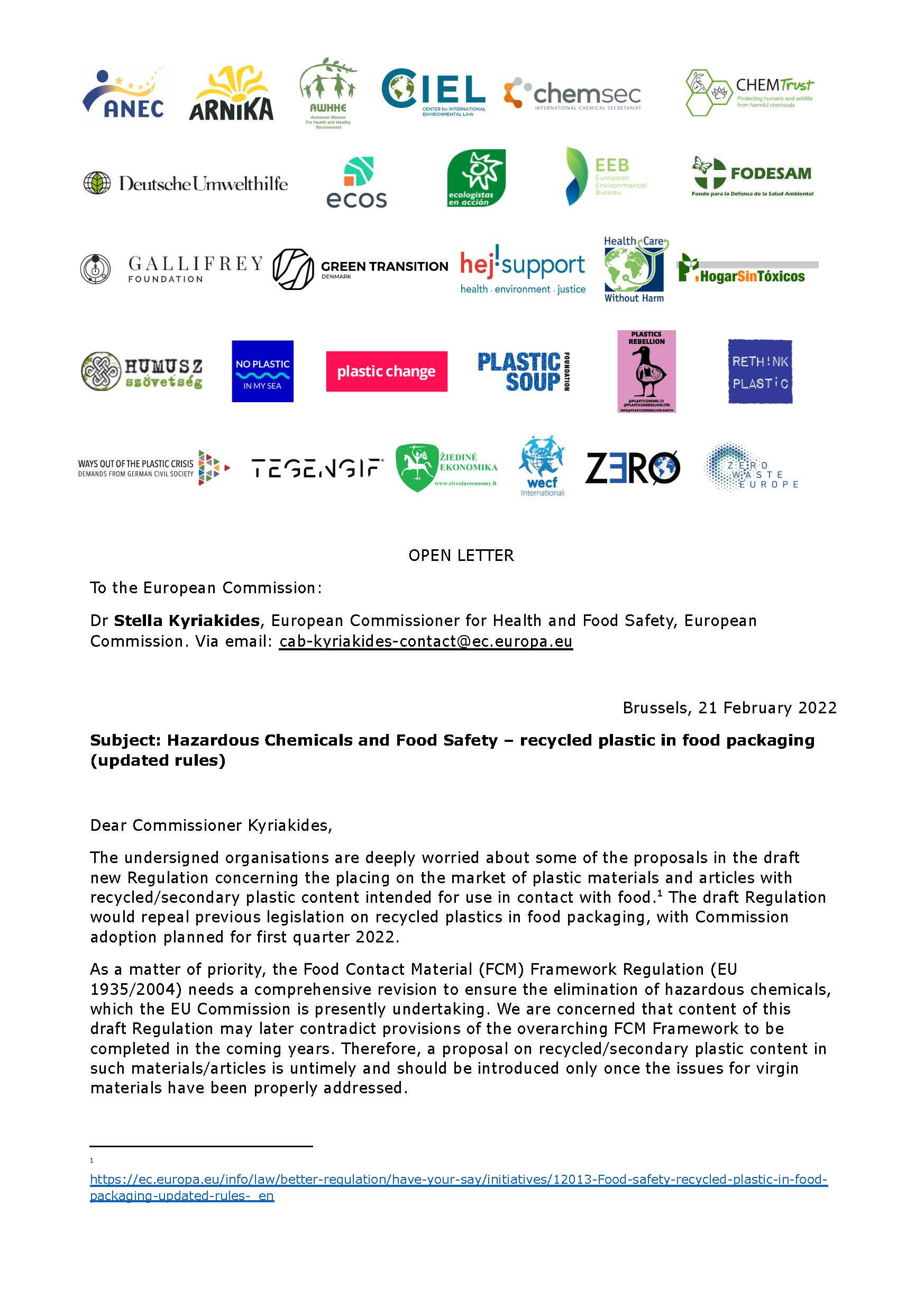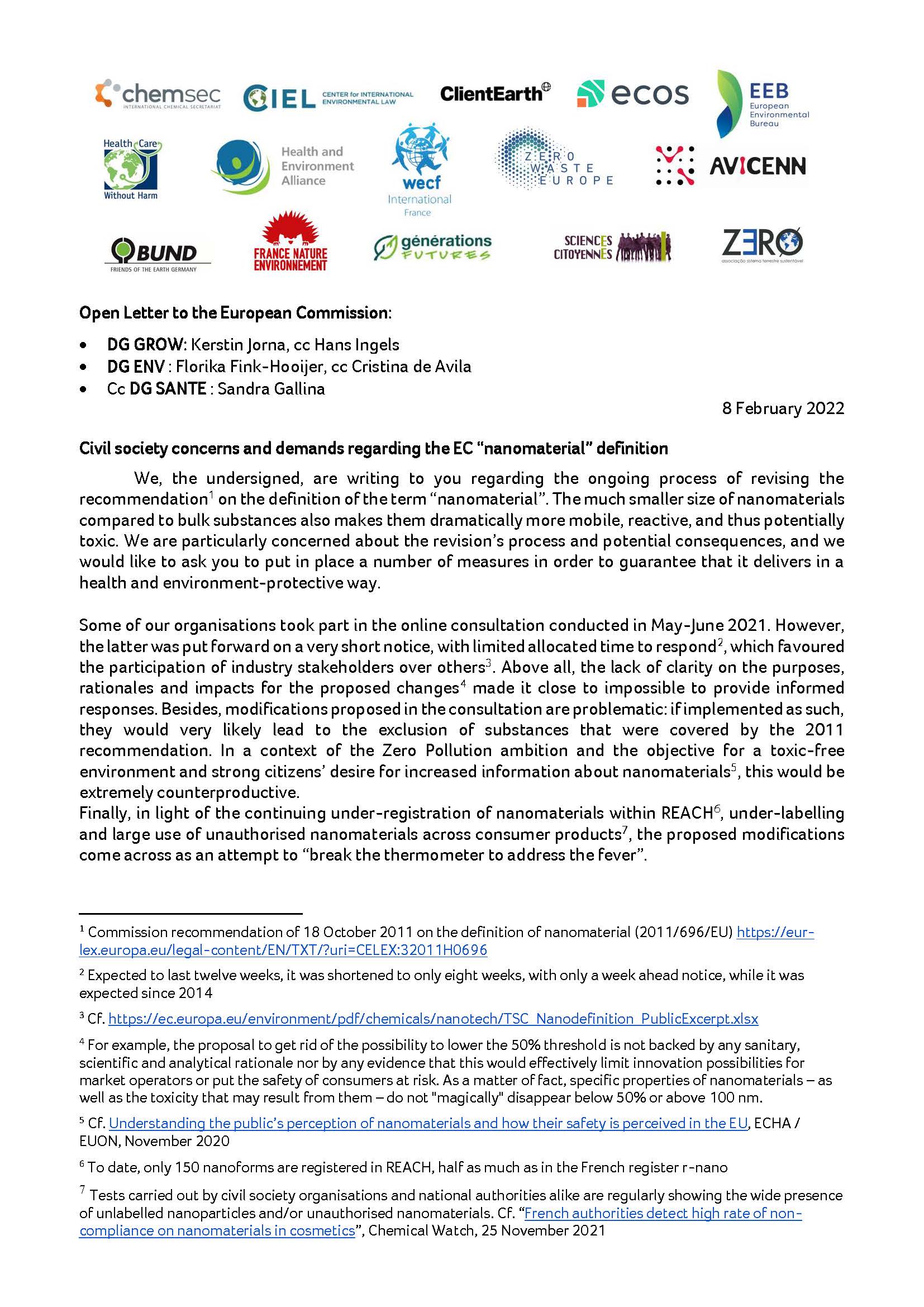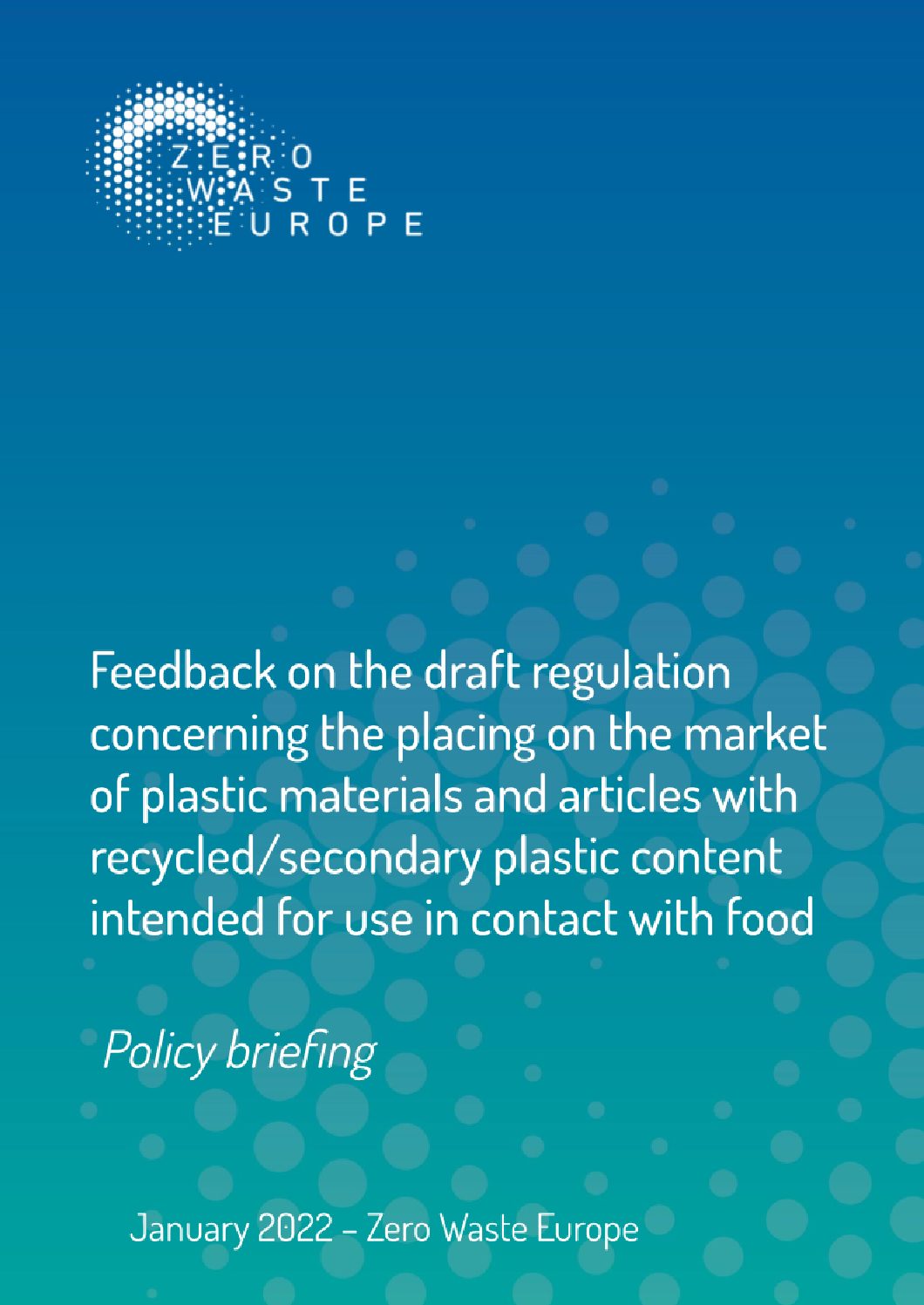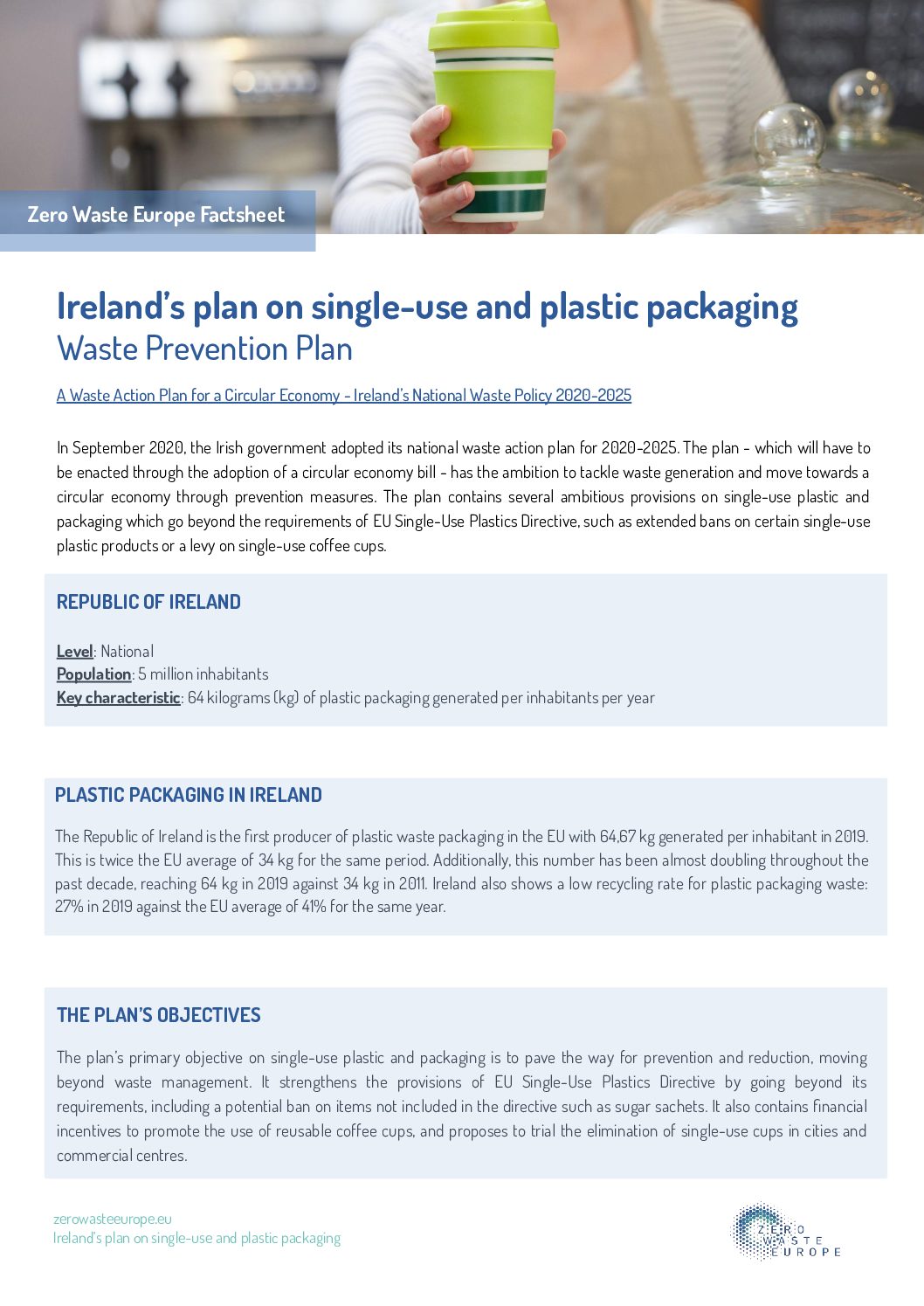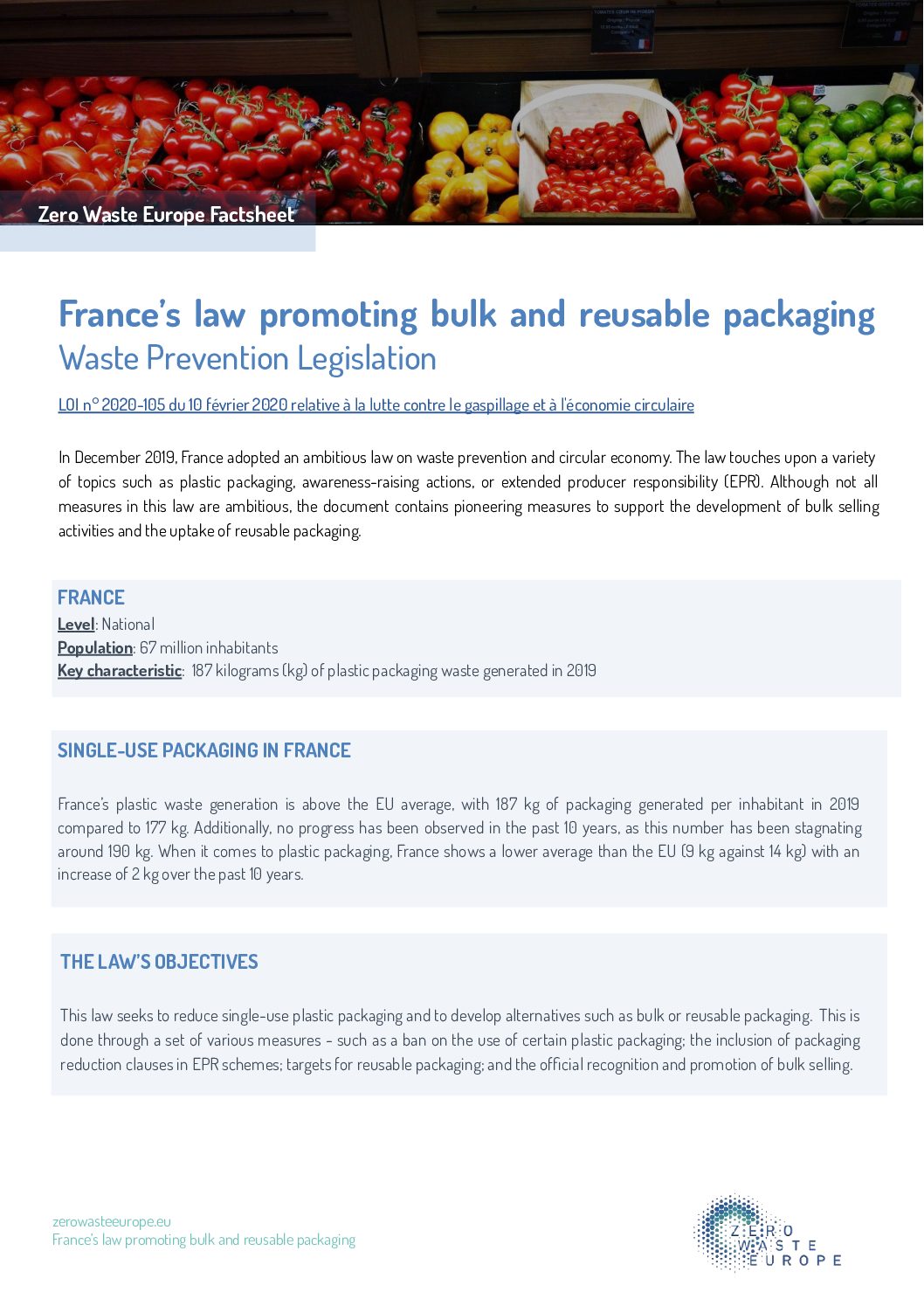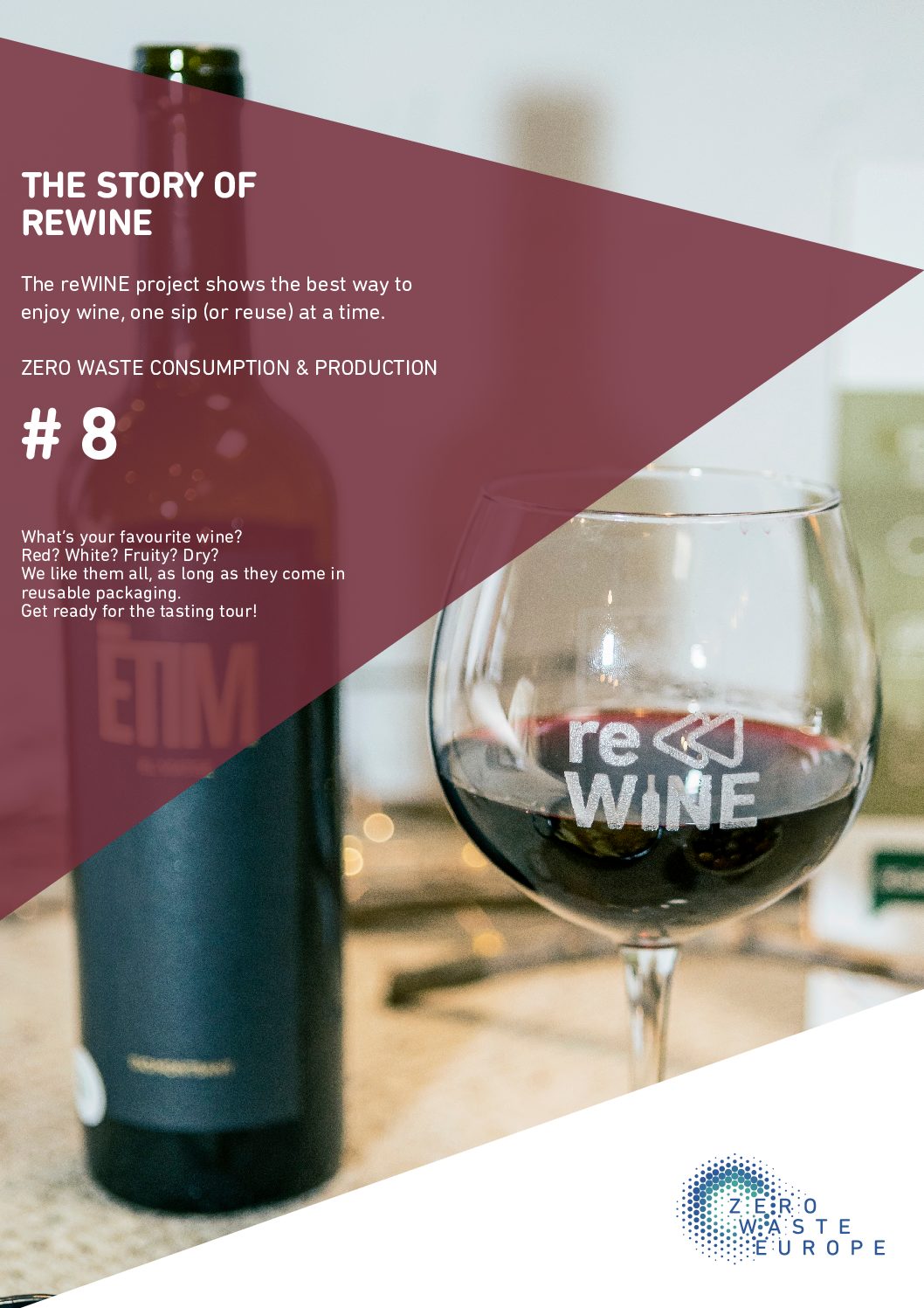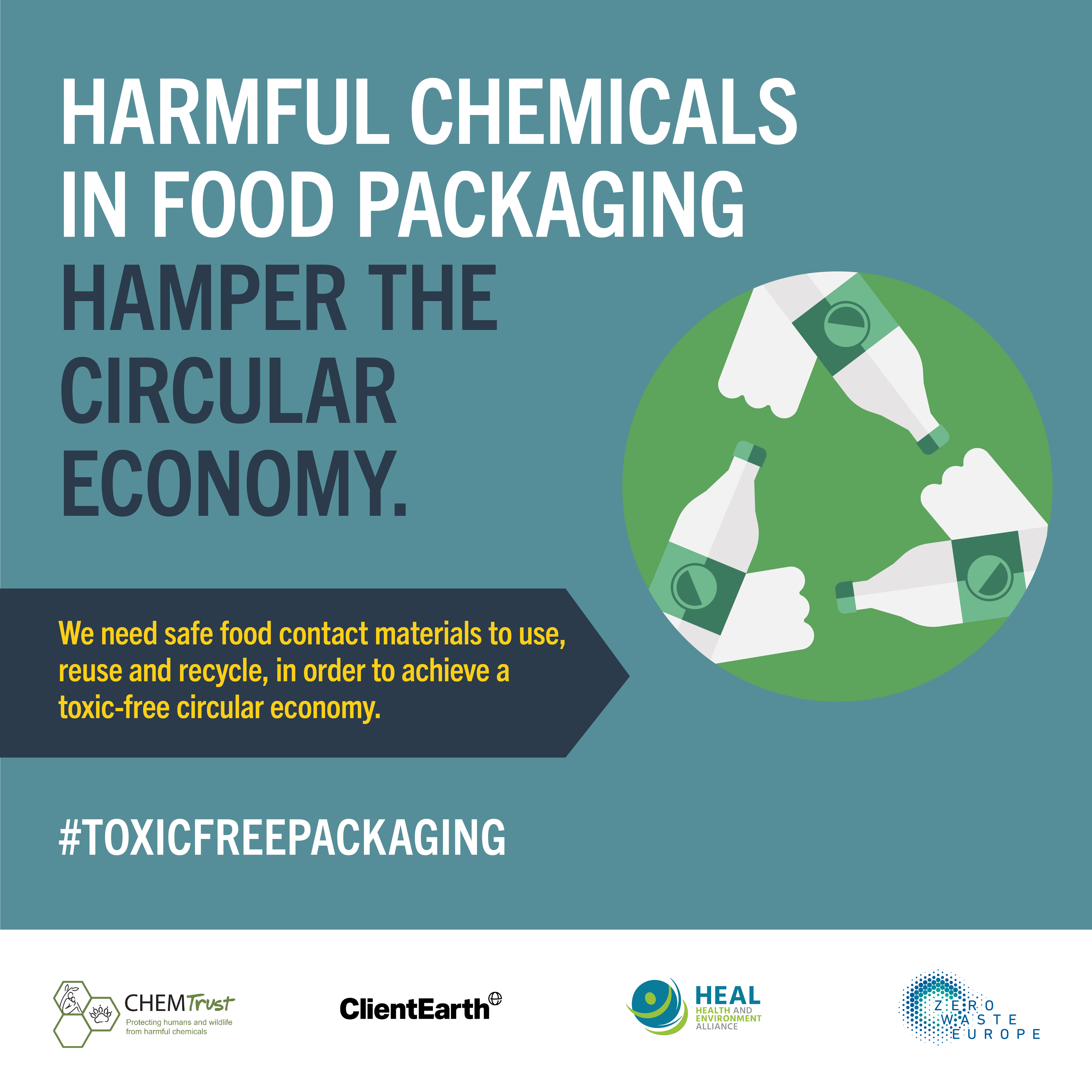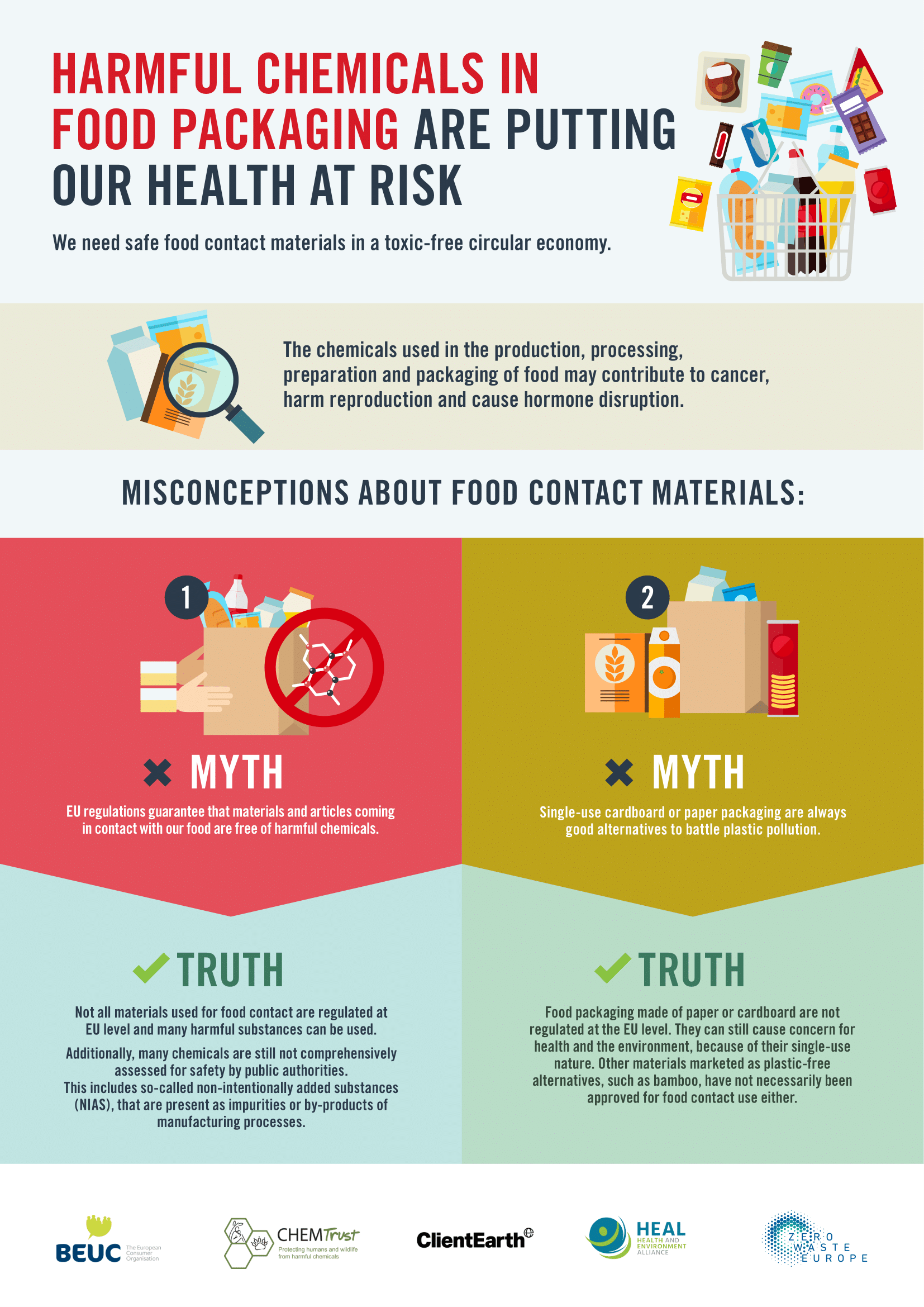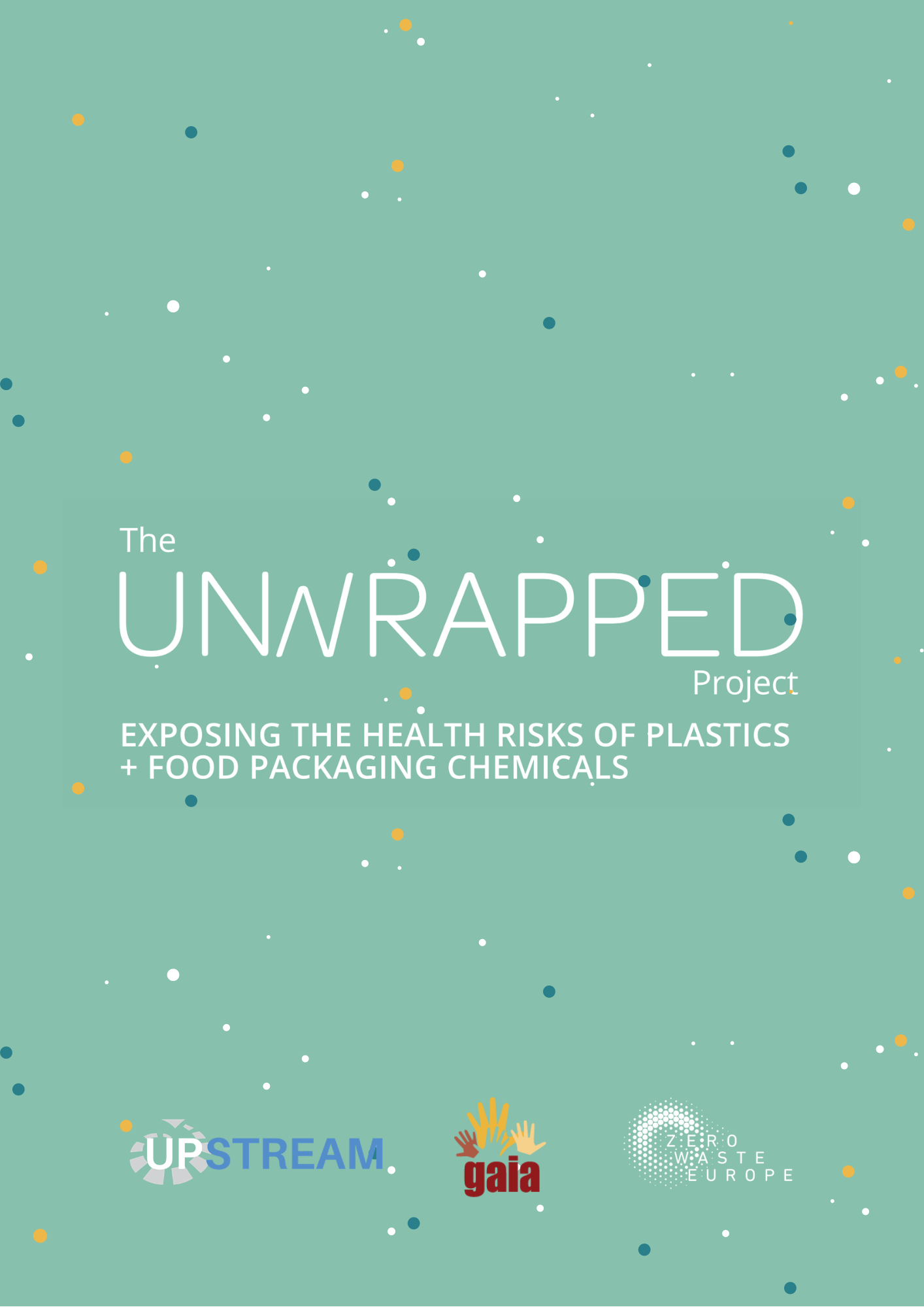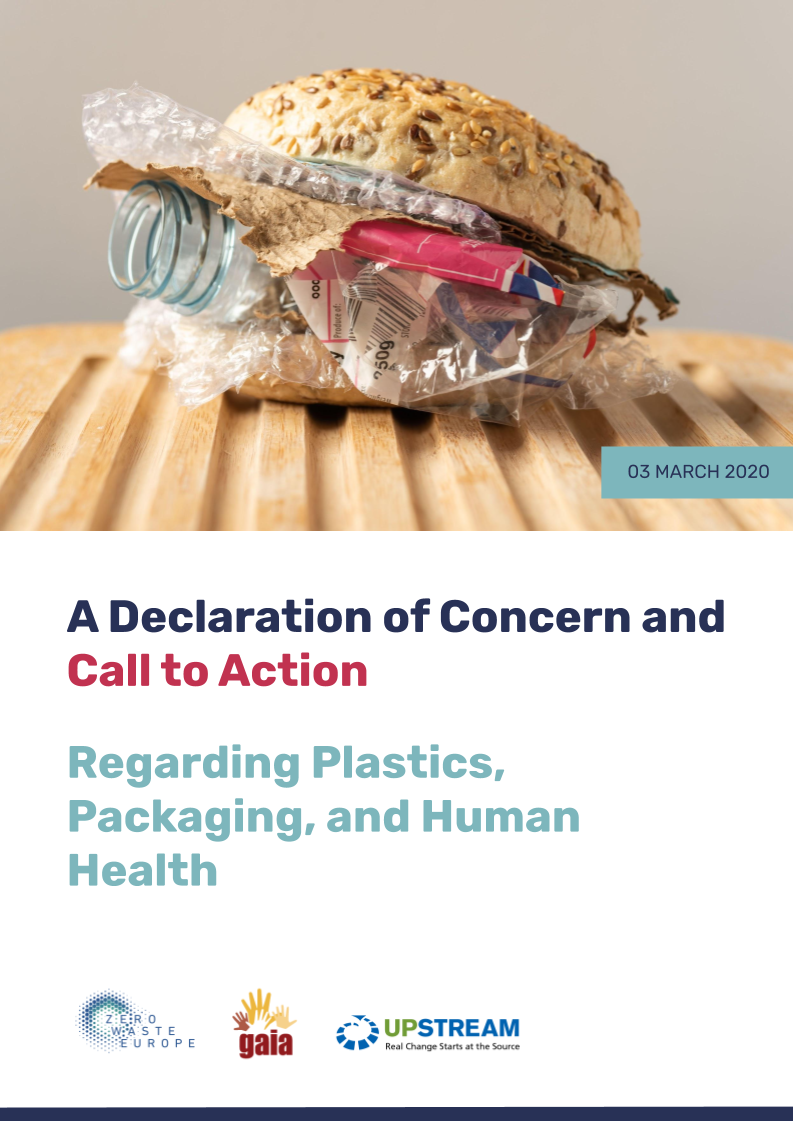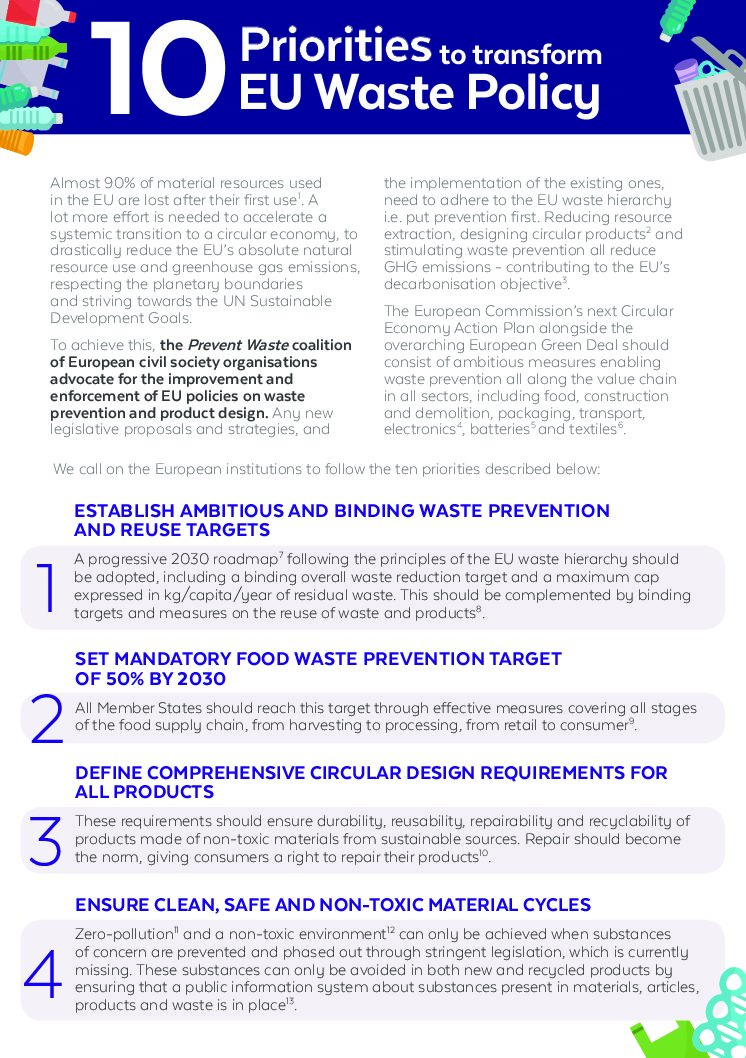This NGO letter, spearheaded by the European Environmental Bureau (EBB) and co-signed by Zero Waste Europe, pleads with the President of the European Commission, Ursula von der Leyen, to see an opportunity for change in current crises. It highlights the importance of continuing to pursue the achievement of the zero pollution vision by implementing the detoxification and decarbonisation agenda of the EU’s Chemicals Strategy for Sustainability without further delays.
Available in English.
